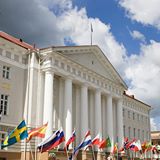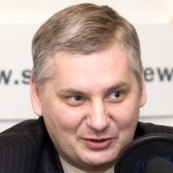Focus groups and opinion polls in Russia over the past three years have revealed substantial discontent with Russia’s political system—discontent that was instrumental in the outbreak of mass protests in December 2011 after Russia’s parliamentary elections were marred by widespread fraud. The scale of the protests caught most observers by surprise. Even though electoral fraud has been a catalyst of anti-regime unrest in several other post-Soviet states in the recent past, neither the Russian authorities nor even many of the protesters themselves expected that the same phenomenon would occur in Russia. The size of the demonstrations and the hostility that was openly voiced toward Vladimir Putin once would have been inconceivable in Russia, but Putin’s announcement in September 2011 that he would be returning as Russian president (and his claim that he had decided several years earlier to return in 2012 and had, by implication, merely been stringing people along) sparked dismay not only among the remnants of Russia’s political opposition but also among many other Russians who sensed that the political system was becoming stale and needed to be replaced by a less opaque and more accountable structure. Even though only a year-and-a-half has passed, those protests now seem a distant memory. This policy memo will explain what went wrong and what might happen in the future. […]
Political Protest and Regime-Opposition Dynamics in Russia
PONARS Eurasia Policy Memo No. 280
By Mark Kramer
September 2013










